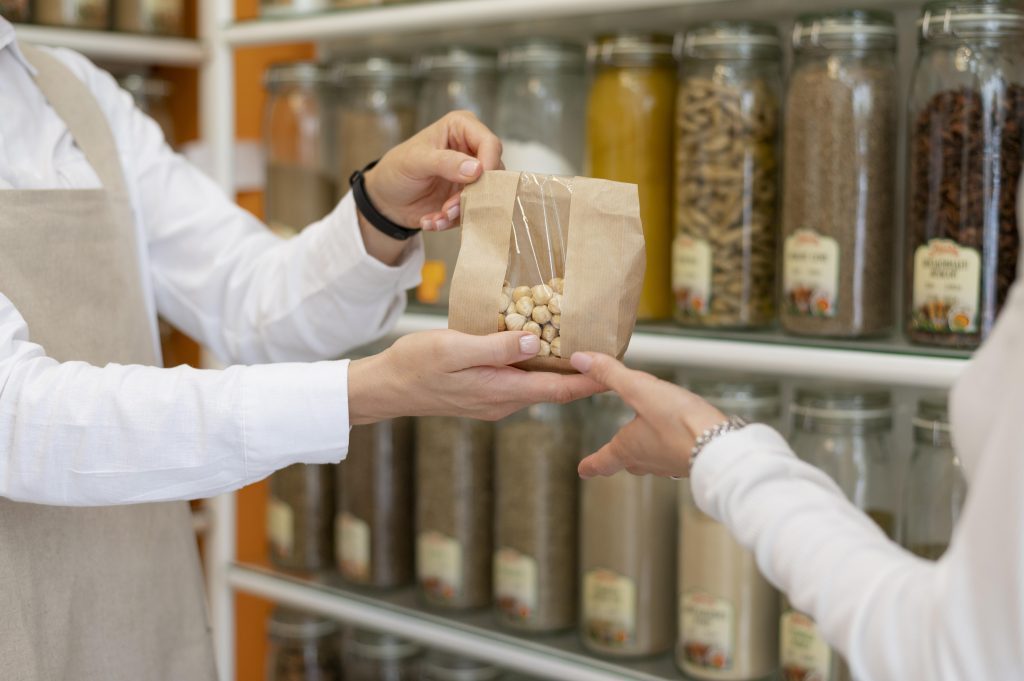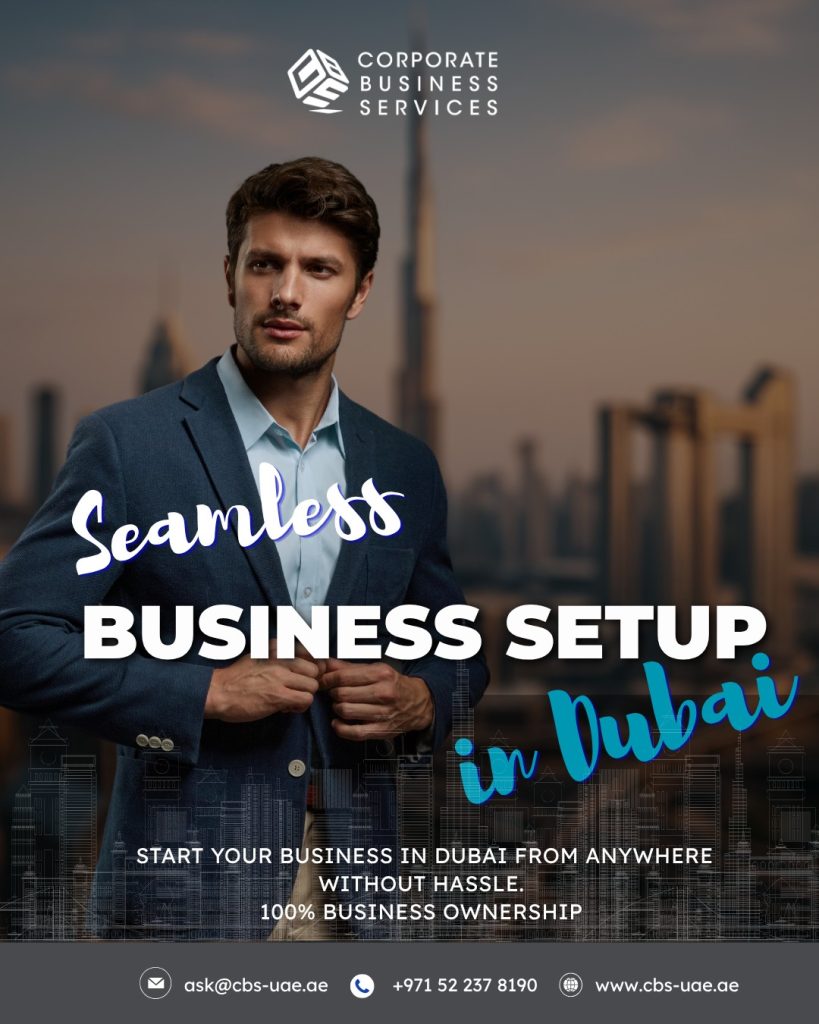For any business aiming to import, manufacture, or sell Fast Moving Consumer Goods (FMCG) in Dubai, understanding the regulatory landscape is paramount. The process of FMCG Product Registration in Dubai is not just a formality; it is the foundational legal step for market entry.
Selling any consumer product without this official approval from the Dubai Municipality is illegal and can lead to significant penalties, including fines and shipment seizures.

The core purpose of this mandatory registration is to ensure consumer safety and public health. Dubai Municipality enforces rigorous standards to prevent harmful or counterfeit goods from reaching consumers.
This stringent process cultivates a high-trust, premium marketplace, enhancing the city’s reputation as a global trade hub where quality is assured. Successful registration provides seamless market access, ensures smooth customs clearance, and protects your brand from unauthorized use, building credibility with consumers and distributors alike.
The Pre-Launch Checklist: What You Need Before You Begin
Before you can apply, your business must have a valid UAE trade license. This is the absolute first requirement for any company, whether on the mainland or in a free zone.
Critically, the license must include a business activity directly related to the specific FMCG category being registered. For instance, selling beauty products requires a cosmetics trading activity.
Using a general trading license for certain regulated categories can lead to immediate rejection.
This detail is a common early-stage challenge. A mismatch between your license activity and your product can cause significant delays and extra fees to amend the license. Foreign companies cannot apply directly; they must partner with a local, licensed distributor or establish their own local company.
The Two Paths to Approval: Navigating Montaji and FIRS
The FMCG product registration in Dubai municipality uses two specialized online portals. Understanding which path your product must take is essential.
Montaji: The Portal for Consumer Products
Montaji, meaning “my product,” is the system for registering a wide range of consumer goods, including:
- Cosmetics, Perfumes, and Personal Care Products
- Health Supplements
- Detergents and Disinfectants (Biocides)
FIRS: The Gateway for Food and Beverages
The Food Import and Re-export System (FIRS) is the mandatory portal for all food and beverage products. Managed by the Dubai Municipality’s Food Safety Department, FIRS handles all food item registration (FITR) and food label assessment (FLAR).
Your Step-by-Step Guide to Registration
While the portal may differ, the registration process follows a clear framework. Attention to detail at each stage is critical for timely approval.
Step 1: Company Profile Creation
First, your business must be registered on the main Dubai Municipality website (www.dm.gov.ae), linking your valid trade license to the account.
If you plan to import goods, you must also obtain an Importer Code from Dubai Customs and link it to your Municipality account.
Step 2: Assembling Your Document Dossier
The success of your application depends on a complete and accurate set of documents. Key requirements generally include:
- Valid UAE Trade License with a relevant business activity.
- Product Label Artwork as a clear, high-resolution image.
- Certificate of Free Sale (CFS), an attested document from the country of origin confirming the product is sold there.
- Ingredient Report/Formulation listing all ingredients and their concentrations.
- Certificate of Analysis (COA) verifying the product meets quality standards.
Depending on the category, you may also need a Good Manufacturing Practice (GMP) Certificate, a Halal Certificate for food products, or a Material Safety Data Sheet (MSDS) for chemical products.
Step 3: Submitting the Application and Final Approval
Once your documents are ready, submit the application online through Montaji or FIRS.This involves filling out a detailed form for each product, uploading your documents, and paying the application fees.
Product labeling is a common reason for rejection. All labels must be in both Arabic and English, with the content matching exactly.
The label must clearly display the product name, brand, ingredients, net weight, country of origin, manufacturer details, production/expiry dates, and batch number.
Municipality officials will review the submission. They may request physical samples for laboratory testing to verify ingredients and check for banned substances. If successful, an electronic registration certificate is issued, typically valid for five years.
Common Pitfalls: How to Avoid Costly Delays
While official timelines suggest approval can take 3 to 22 working days, applicant errors often cause delays stretching for months. The real cost is not the government fees but the opportunity loss from a delayed launch and potential customs storage fees.
Key reasons for rejection include:
- Labeling Errors: Inaccurate Arabic translations, missing information, or misleading claims.
- Incorrect Documentation: Low-resolution images, missing certificates, or improperly signed reports.
- Banned or Restricted Ingredients: Using a prohibited substance or exceeding permitted concentration levels.
- Mismatched Information: Any inconsistency between the label, application, and supporting documents.
Streamlining Your Market Entry
Navigating the complexities of FMCG Product Registration in Dubai requires a deep understanding of local regulations. The potential for costly delays due to simple errors is high.
Engaging a professional business setup consultancy provides a strategic advantage. Experts ensure your trade license is correct, all documentation is accurate, and labels are compliant before submission.
This proactive approach helps avoid common pitfalls, saving time and resources, and ensuring a smooth path to market.
Frequently Asked Questions
How long does product registration take in Dubai?
Official timelines are 3 to 22 working days, but this assumes a perfect application. Any errors or requests for lab testing can extend the process to several weeks or months.
How much does it cost to register a product in Dubai?
Direct government fees are low, typically around AED 10 for the application and AED 220 for the certificate.
Total costs are higher when factoring in document attestation, lab testing, and translation services.
What happens if an application is rejected?
For minor errors, you can correct and resubmit. For major issues, like a banned ingredient or failed lab test, the application will be denied.
Is a local UAE company required to register a product?
Yes, only a company with a valid UAE trade license with a relevant business activity can apply for product registration.


